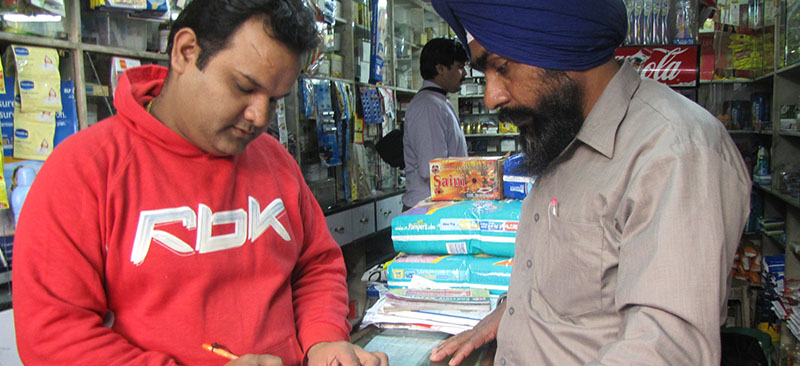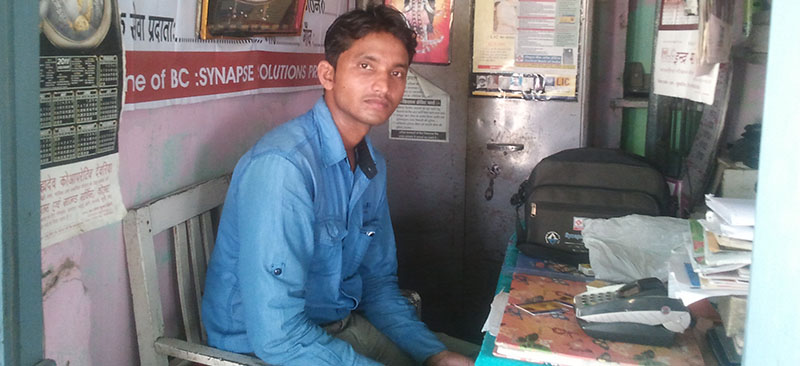Tag: Social benefit transfer
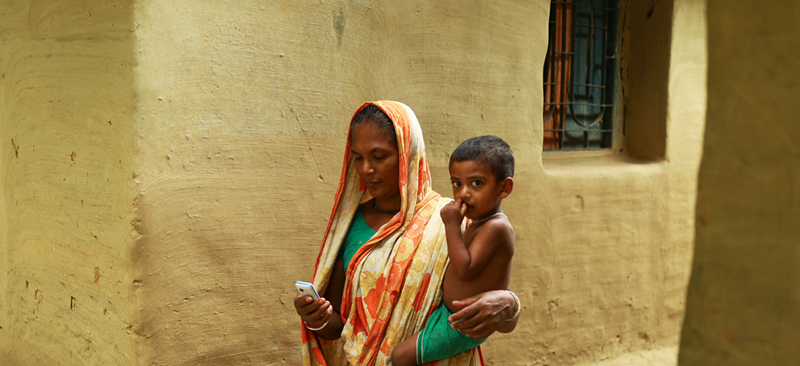
Enabling the community to embrace digital payments as the new...
Since the onset of the pandemic, the low- and moderate-income (LMI) segment had a direct...
Dec 2, 2020
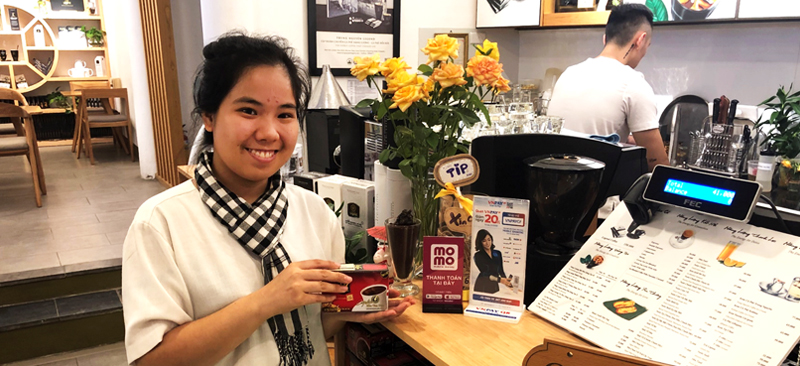
Akshat Pathak, Samveet Sahoo and Ravi Kant
LMI client impressions from Bangladesh and Vietnam
Various socio-economic dimensions drive the financial needs, aspirations, and behaviors of low- and moderate-income (LMI)...
Dec 1, 2020
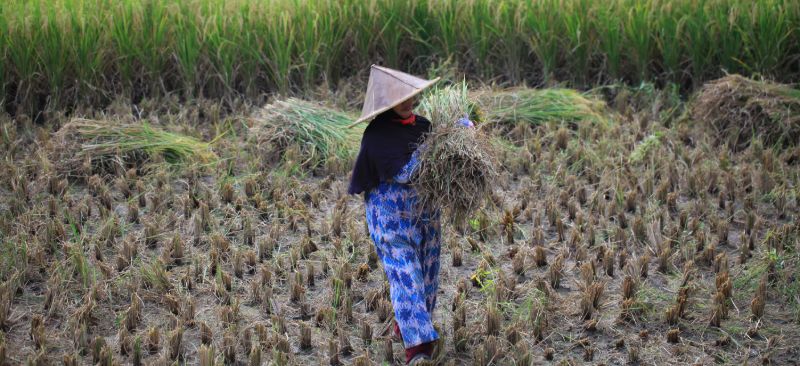
Astri Sri Sulastri and TVS Ravi Kumar
Deepening financial inclusion through cash transfers: The case of PKH...
In 2017, the Government of Indonesia (GoI) began digitizing social benefit transfers to improve delivery...
Nov 13, 2019
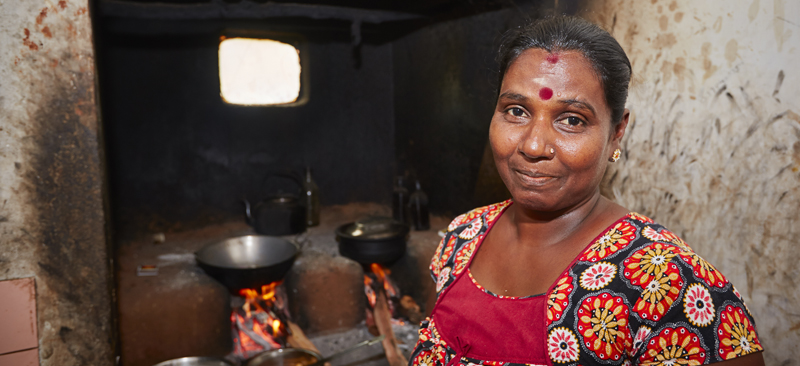
Is India Ready to Phase-out Subsidised Kerosene?
This blog discussed possibilities regarding how India can phase out kerosesne subsidy.
Jan 5, 2018
- 1
- 2
